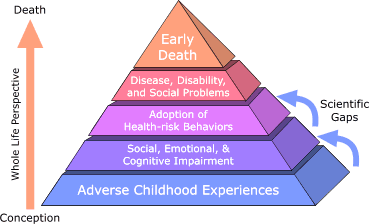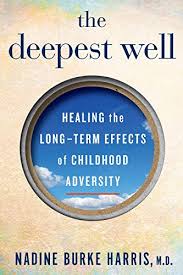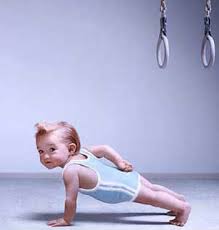
Childhood trauma can severely affect a person’s health for the rest of their life. Now there are many types of stress, but the one I am speaking about is not the stress of losing a toy or failing a test. Chronic stress occurs in children when neglect or abuse is present in the child’s life. It does not have to be direct abuse either, their parents undergoing chronic stress and substance abuse can lead their child to their own health issues. The study behind childhood abuse and its connection to long-term health conditions is known as Adverse Childhood Experiences (ACE). With the help of Nadine Harris, author of the book, “The Deepest Well: Healing the Long-Term Effects of Childhood Adversity”, ACE is finally becoming a new household name that should have been many years ago.

High dosages of stress can inhibit the brain functions and cause current health complications or ones further down the road. Most adults can tolerate certain levels of stress but as a child, the tolerable stress level is very limited. If a child experiences a traumatic event early on in their life, it will increase chronic inflammation and risk autoimmune diseases like lupus or rheumatoid arthritis or asthma. Harris has experienced many cases of abrupt illnesses due to child adversity. She at first had a hard time discovering that child adversity was the reason for these strange symptoms, she states, “And then I got to the patient that I talk about in the book, Diego, a 7-year-old boy who seemed to have stopped growing after a sexual assault at age 4. For me, that was the case that made me stop in my tracks and say there is something else going on here and I need to get to the bottom of it.” (nytimes.com, 2018)
For many adults who develop unreasonable health issues like heart disease, stokes, or arthritis, do not recognize the connection between a previous traumatic event and their health state. Sometimes it is never recognized and that is one of the reasons Harris shares us her stories in her book. More light needs to be shed onto ACE in order to prevent and cure these complex illnesses. Once more and more people understand ACE, perhaps the amount of abuse incidents will reduce and the many unsolved medical cases will find their answers.


